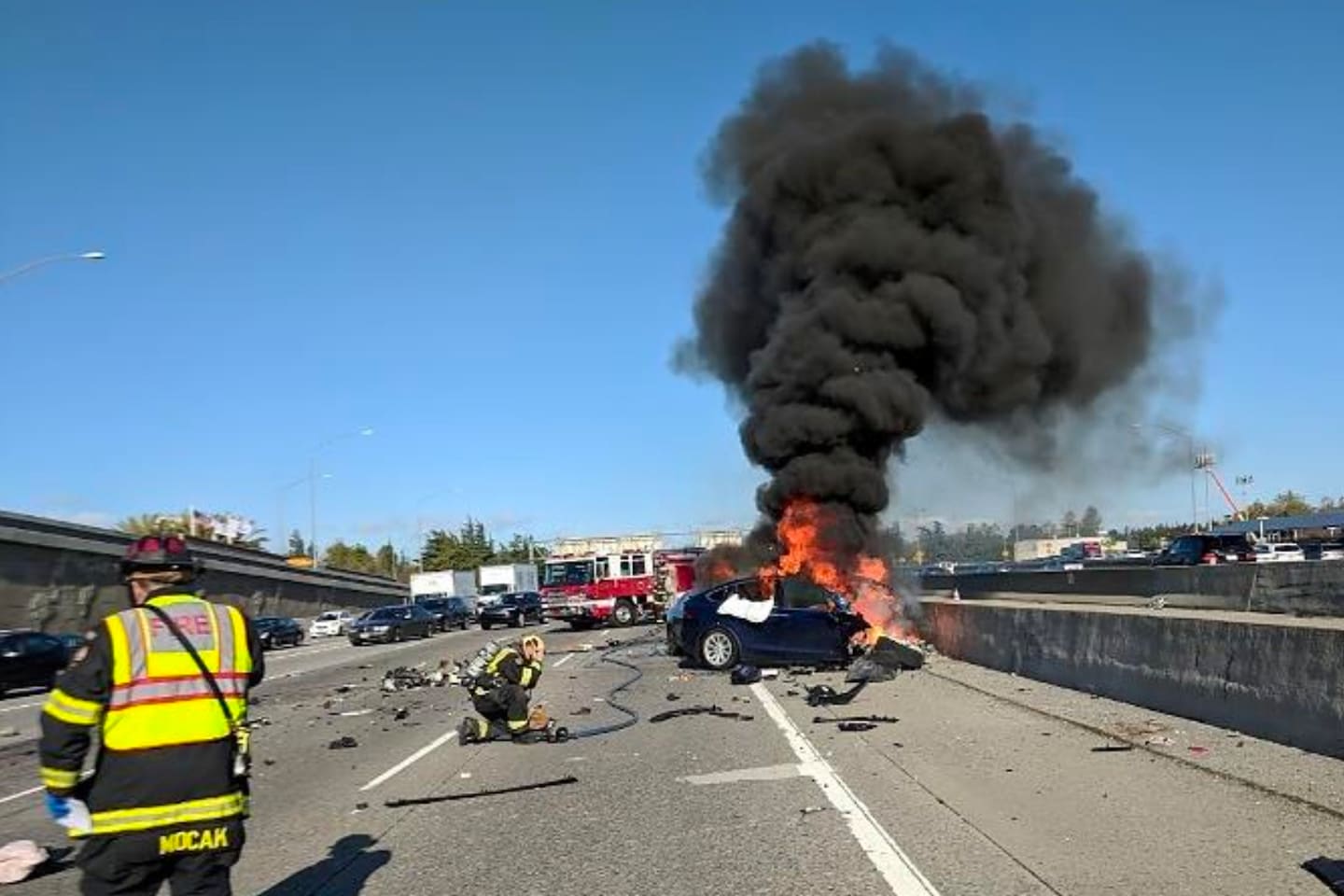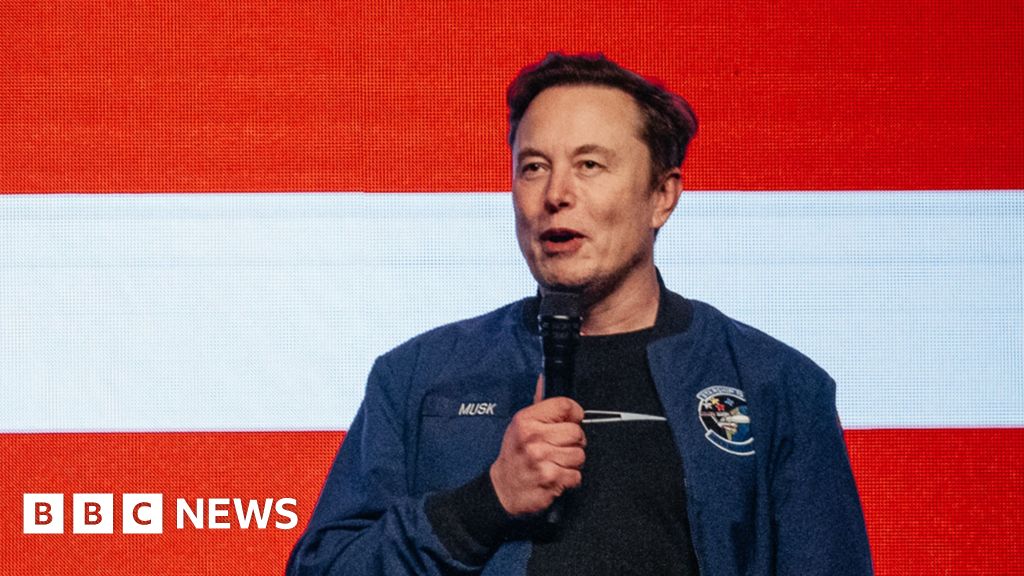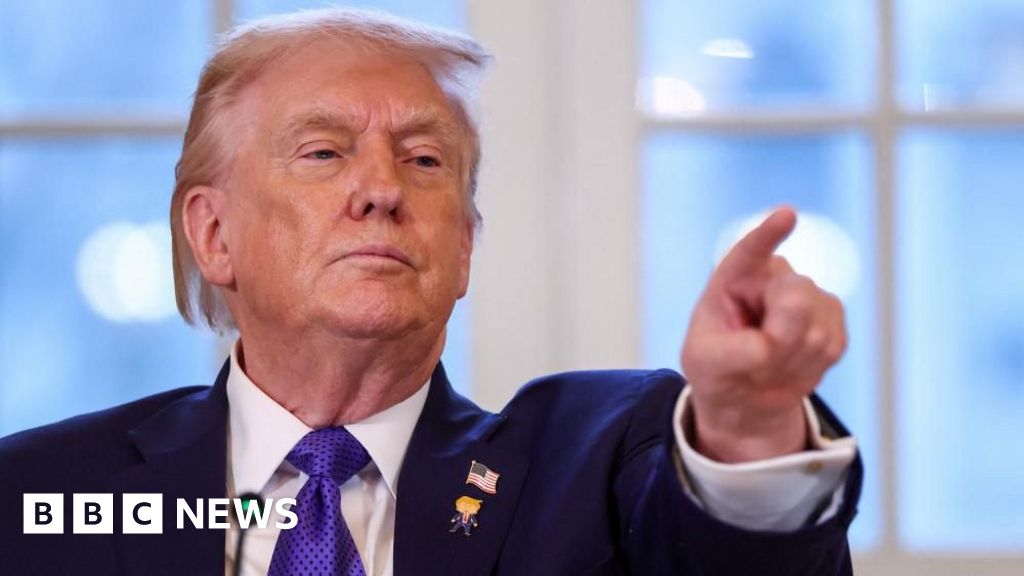
Tesla settles case over fatal 2018 crash of an Apple engineer
- Science
- April 9, 2024
- No Comment
- 164
At issue was a fatal crash in March 2018, when a Tesla in Autopilot careened into a highway barrier near Mountain View, Calif., after becoming confused by what the company’s lawyers described in court documents as a “faded and nearly obliterated” lane line. Walter Huang, a father of two and an Apple engineer on his morning commute, was allegedly playing a game on his phone while his Tesla steered itself down U.S. Route 101.
Documents filed in the case show that Huang’s vehicle on Autopilot drifted from the “faded” lane line, then started following a clearer one to the left, which put him in the path of a highway safety barrier separating Route 101 from an exit to State Route 85, while going 71 mph.
Huang, 38, was killed. An investigation by the National Transportation Safety Board later cited Tesla’s failure to limit the use of Autopilot in such conditions as a contributing factor. The company has acknowledged to the NTSB that Autopilot is designed for areas with “clear lane markings.”
In addition to suing Tesla, Huang’s family also sued the state of California, alleging that the state failed to properly maintain the lane lines and also fix an already-damaged crash barrier in “a timely manner.” It is unclear what effect this settlement will have on that lawsuit.
Tesla and representatives for the Huang family did not immediately respond to a request for comment.
The settlement is a surprising twist in the high-profile case, which Tesla has been fighting since Huang’s family sued in April 2019. In its defense against this lawsuit, as well as for others headed to trial this year, Tesla argues that it was not liable because it warns drivers that they are ultimately in control of the vehicle while in Autopilot.
Tesla said it makes “extremely clear” that the driver must be fully alert and have their hands on the wheel while using Autopilot. The company also states in its user manual that the technology may not operate as intended “when unable to accurately determine lane markings” or when “bright light is interfering with the camera’s view.” According to court documents, Huang’s hands were not detected on the wheel within seconds of the crash.
A key question in this case was whether those warnings were enough to spare the company from all liability when it knows about a shortcoming, but still puts the responsibility on the driver to correct for its mistakes. Tesla knew for years that faded lane lines could be a problem, according to complaints filed to the National Highway Traffic Safety Administration and depositions from top engineers at the company and federal investigators.
If Tesla went through with this trial, its technology would have been subject to intense scrutiny at a time when Musk is aggressively pushing his driver-assistance features out to the public. Last month, Musk doubled down on his Full Self-Driving technology — Tesla’s more sophisticated driver-assistance system — by requiring employees to install and show customers how to use the latest version before completing a sale. He also said in a post on X last week that he intends to unveil a robotaxi in August, though he has been promising fully autonomous cars for years.
Ed Walters, who teaches autonomous-vehicle law at Georgetown Law, said he was surprised Tesla decided to settle, because the facts of Huang’s crash seemed “favorable” for the company. Because the Huang case echoes multiple other lawsuits scheduled for trial, many observers were watching this case closely for its potential to set a precedent for future proceedings.
The outcomes of these trials are critical for the company’s future and for Musk, who has said that Tesla is “worth basically zero” if it cannot make its cars self-driving. The company’s Autopilot technology has been linked to more than 700 crashes since 2019 and at least 19 fatalities, according to a Washington Post analysis of National Highway Traffic Safety Administration data.
So far in court, though, Tesla has prevailed: A jury found the company not liable in a case last year over the alleged role of its Autopilot technology in a 2019 crash in Riverside County, Calif.
Two other cases heading to trial later this year or early next year involve drivers that were allegedly distracted at the time of the crash. The complaints detail how human error and emerging technology can collide with deadly results, as both the driver and car on Autopilot failed to react to a hazard in their path. The plaintiffs allege the company’s marketing deceives customers, suggesting the cars are more autonomous than they are in reality.
Tesla’s legal position is that it repeatedly warns drivers that they are ultimately in control of the vehicle, before and while using the Autopilot feature.
Walters said he believes cases involving driver distraction would be “easily winnable” by Tesla. But, when it comes to the Huang trial, he said Tesla probably wanted to avoid the several weeks of potentially damaging attention that the case could have attracted.
“You could win in court, but lose in the trial of public opinion,” he said.
The trial was set to begin at a thorny time for Tesla, which reported disappointing sales numbers last week amid market challenges and reputational hazards. The electric-vehicle company — whose stock is down about 30 percent since the beginning of this year — slashed prices for its cars throughout 2023 to maintain demand, but those cuts were not enough to overcome softening demand in the overall electric-vehicle market.
Tesla is also facing increased scrutiny from regulators over Autopilot. Last year, the company agreed to recall 2 million vehicles — nearly every car it has produced — over criticism that technology invited driver misuse and the company didn’t do enough to curb it. The recall, conducted by a remote update, was the result of a sweeping investigation by the National Highway Traffic Safety Administration into the technology.
Musk has also courted controversy in the past year as he has espoused hard-line immigration ideals, promoted antisemitic rhetoric, pushed conspiracy theories and criticized liberal causes as a “woke mind virus.” Analysts partly attributed the sales drop to Musk’s polarizing persona.
Karl Brauer, an executive analyst with the car research company iSeeCars.com, said if Tesla continues to settle such cases, or even loses one, investors could “add it to the list of things that have them worried.” While the outcome of one case does not indicate a pattern, he said, it could suggest that Tesla doesn’t think fighting these cases publicly is good for its finances or reputation.
Musk “was overly boastful over how great Autopilot was initially, and how rapidly it was coming to Teslas,” Brauer said. “No matter what you have in the fine print, if you’ve got the head of the company making these public statements, that doesn’t help you in a case where someone dies.”
#Tesla #settles #case #fatal #crash #Apple #engineer









